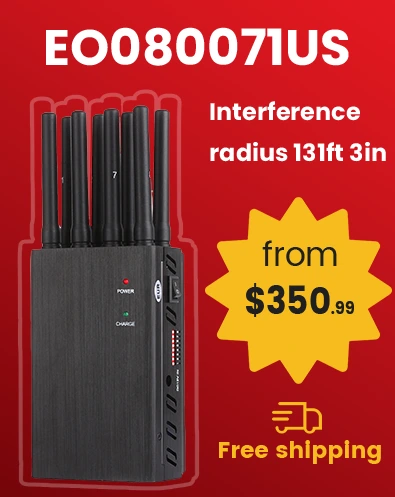Telia Sweden is Sweden's largest telecommunications and Internet service provider, owned by Telia Company, which has extensive operations in the Nordic and Baltic countries. Telia uses the 800 MHz, 1800 MHz and 2600 MHz bands for 4G coverage. The 5G band mainly uses the 3.5 GHz band, and tests the 24 GHz millimeter wave band in some areas to increase data rates in urban areas.
Telia mainly uses the following frequencies for its cell phone services:
- 4G LTE: 800 MHz (B20), 900 MHz (B8), 1800 MHz (B3), 2600 MHz (B7)
- 3G: 900 MHz (B8), 2100 MHz (B1)







